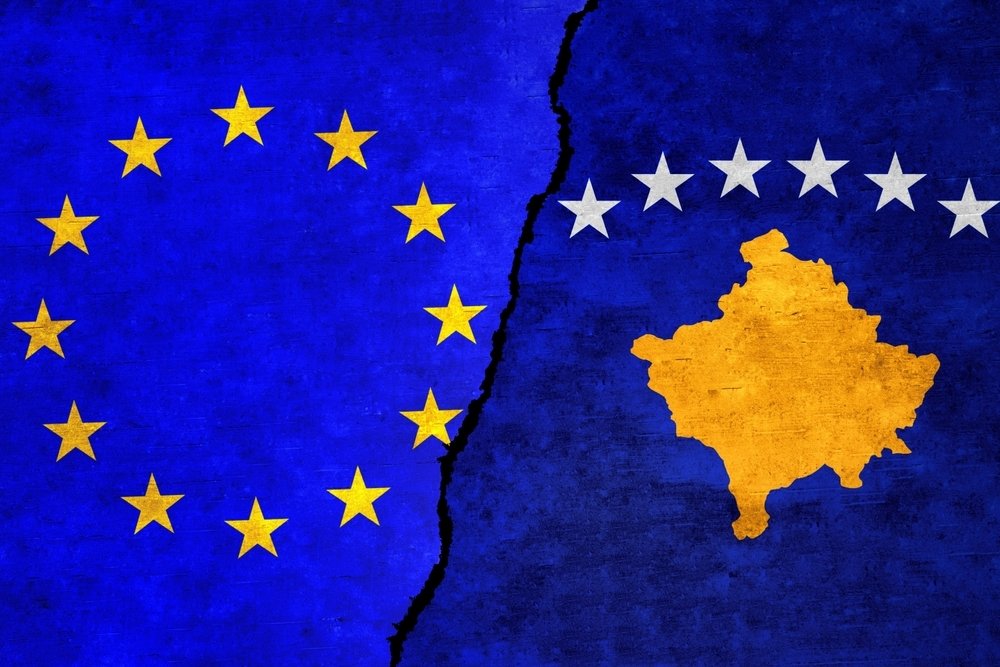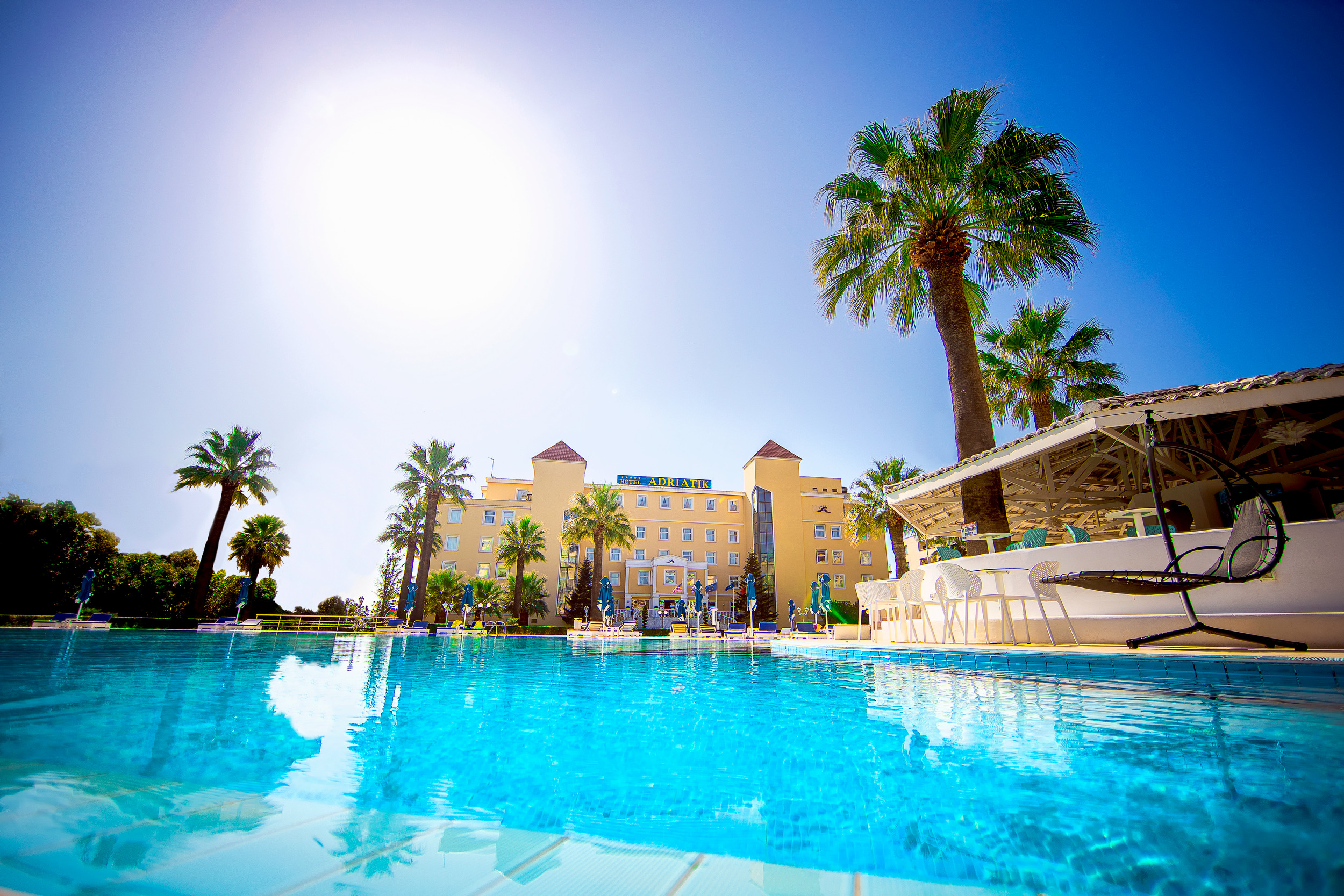Tensions between Kosovo and Serbia have come to a head in recent months, and I am shocked by the threats, pressures and even aggressive language used against Kosovo by ‘the West’. It is the kind of language you would expect to see used against a rogue state, not a European country with valid hopes of joining the EU.
Right now, pressure is being piled on Pristina to improve the rights of ethnic Serbs, who enjoy significant rights already, but little is being said about the rights of ethnic Albanians in Serbia, particularly in the Presheva Valley.
With the help of Flora Ferati Sachsenmaier, I have written extensively on the ethnicity-based administrative cleansing of Albanians from this area through the illegal removal of their details from the civil registry.
I have also knocked on the door of the European Commission, asking for their reactions, but no solution has been pushed for, and no pressure has been put on Belgrade to cease their actions and restore the rights of citizens.
Why is it that Kosovo, where ethnic Serbs enjoy significant rights and benefits far beyond other ethnic groups, is being pressured to implement the Association of Serb Municipalities while across the border, a blind eye is being turned to the passivisation of ethnic Albanians? Why is there no push to establish a similar association in Serbia, and why is Belgrade not being issued with ultimatums from the international community?
I believe that some kind of association should be created as means of a compromise, but it has to be done without ultimatums and in a way which is consensual and with an appropriate timeline. Forcing the issue and barking orders at one side will not achieve the goal of normalisation of relations, rather, it will cause more tension.
But it is not just the matter of the association, it is the way some Western officials speak to their counterparts in Pristina. In particular, comments by US Envoy Gabriel Escobar, who said, in as many words, that the association will be established with or without the go-ahead from Kurti.
This attitude, that Kosovo must do as it is told and bow to the pressure and demands of internationals, points to a prevailing attitude that the Balkans is simply Europe’s back garden, a strategic playground, and a region of failing states that only the US and EU can save.
We must also remember that this is not a level playing field. Serbia is an EU candidate, it enjoys membership of key international institutions, it wields influence in the corridors of Brussels and even further afield, yet Kosovo remains an observer on the outside, jumping through ever-multiplying hoops just to have some hope of one day enjoying the same.
It faces daily attempts from Belgrade to undermine its independence and deals with the constant undermining of its sovereignty through the words and actions of Serbia’s leading officials. It is a country struggling to assert and protect itself while trying to keep its head above water domestically in a time of economic and geopolitical uncertainty.
To quote President Vjosa Osmani, who I interviewed in December, Serbia is the aggressor, and Kosovo is simply defending its right to exist. Even if this is a bit hyperbolic, amid the current rhetoric, you would think that Kosovo is the aggressor and Serbia is a long-suffering victim of its tyranny.
Allowing Serbia to bulldoze Kosovo into submission, with the support of the US and EU, perpetuating the uneven playing field and continuing to undermine Kosovo’s rights as a sovereign country won’t result in peace.
I understand the need to keep Serbia close, particularly considering its long-established relationship with Russia, but this should not be at the expense of another nation. If the West wants to take a tough approach to Kosovo, then so be it, but it must do exactly the same with Serbia.
Peace will never be found while double standards are applied and the whims of one country pandered to at the expense of another’s dignity. Forcing the situation by issuing ultimatums will not result in a solution, it will result in reinforcing ethnic divisions, conflict, and even bringing the Balkans to the brink of war once again.
Follow The Balkanista!



